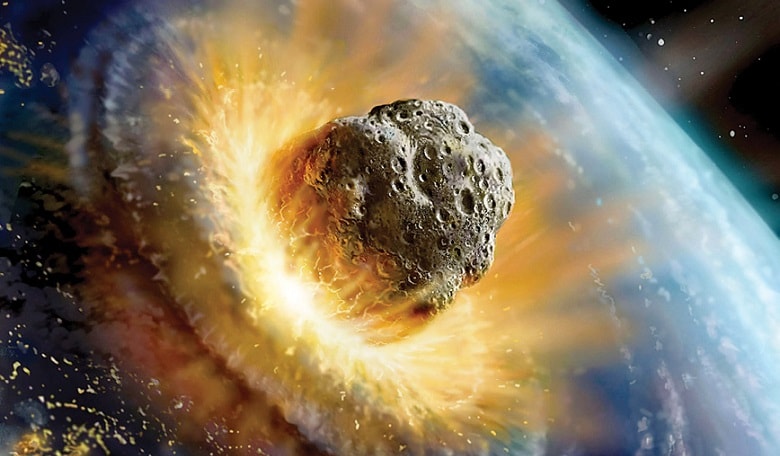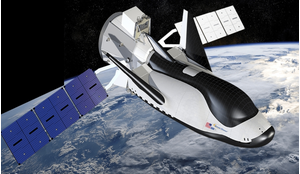Earth’s annual journey around the Sun represents a perilous cosmic voyage and for thousands of years humans have remained blissfully ignorant of the dangers of asteroids and comets, coronal mass ejections, solar radiation flares and other cosmic events that threaten our daily existence. The Global Space Governance Study is now addressing the technical challenges and regulatory actions for a comprehensive planetary defence strategy.
Sir Arthur Clarke was fond of quoting his fellow science fiction writer Larry Niven and he often cited Niven’s famous lines, ‘The dinosaurs became extinct because they didn’t have a space programme. And if we become extinct because we don’t have a space programme, it’ll serve us right!’ This seemingly whimsical observation about the end of the dinosaurs and the rise of mammals is actually a rather profound statement on the human condition. Niven’s sardonic quote goes right to the heart of the issue. Do we have the will and the ‘smarts’ to survive and has human space science risen to a level sufficient for us to identify significant cosmic hazards that could threaten the survival of the human race and then respond proactively?
This is one of the key issues addressed by the McGill University Institute of Air and Space Law project - the Global Space Governance Study, an interdisciplinary study guided by the Montreal Resolution of May 2013 and unanimously adopted by over 100 space scientists and space lawyers, involves not only the technological capabilities but also institutional and regulatory actions that might be needed to pursue a viable planetary defence strategy.














